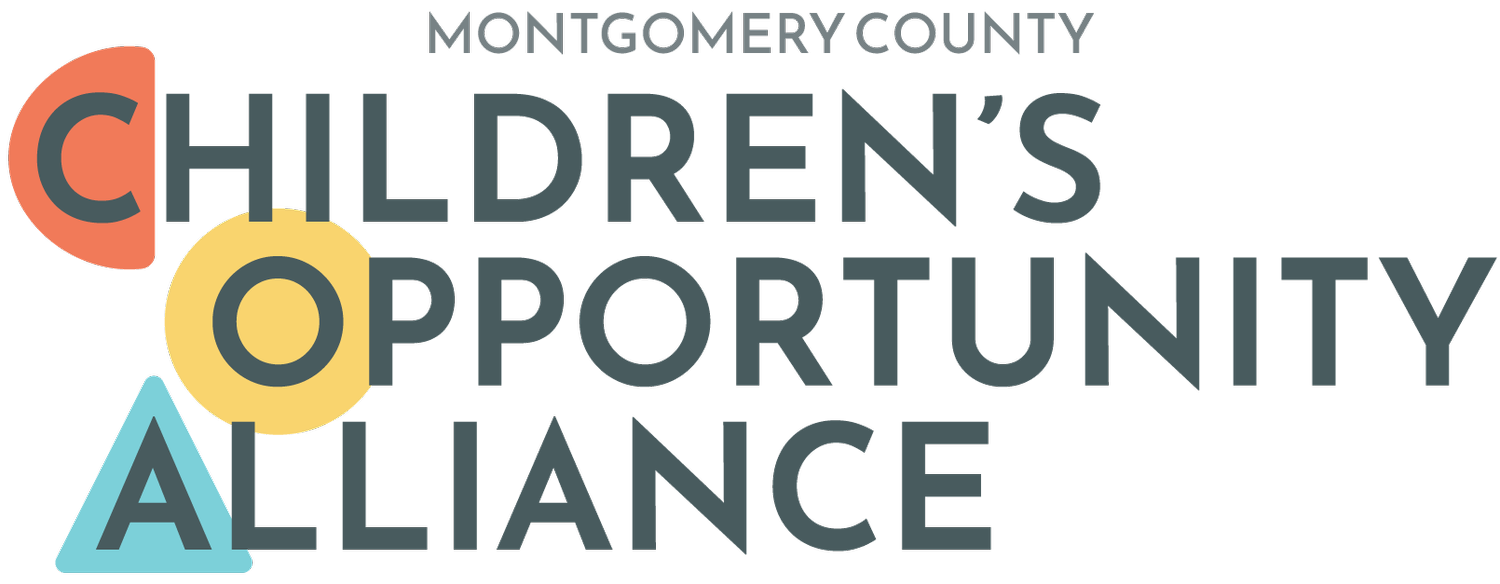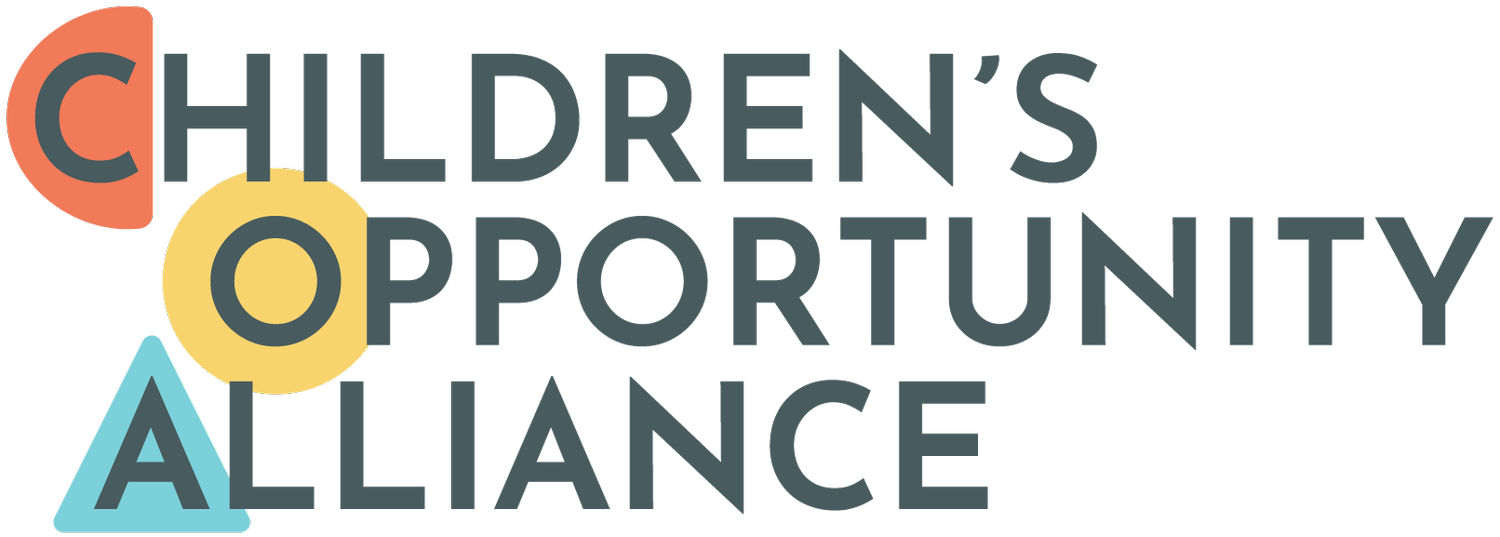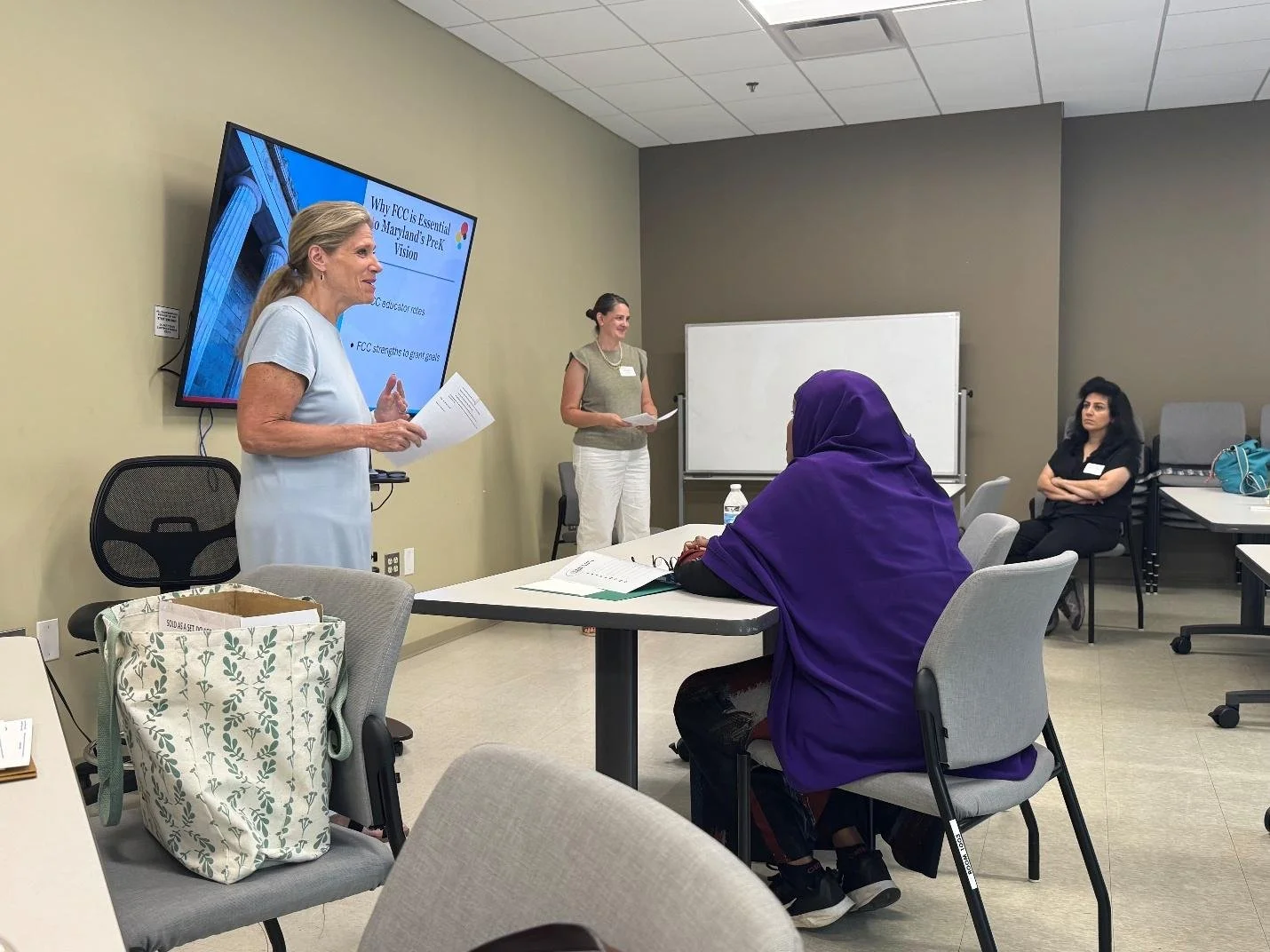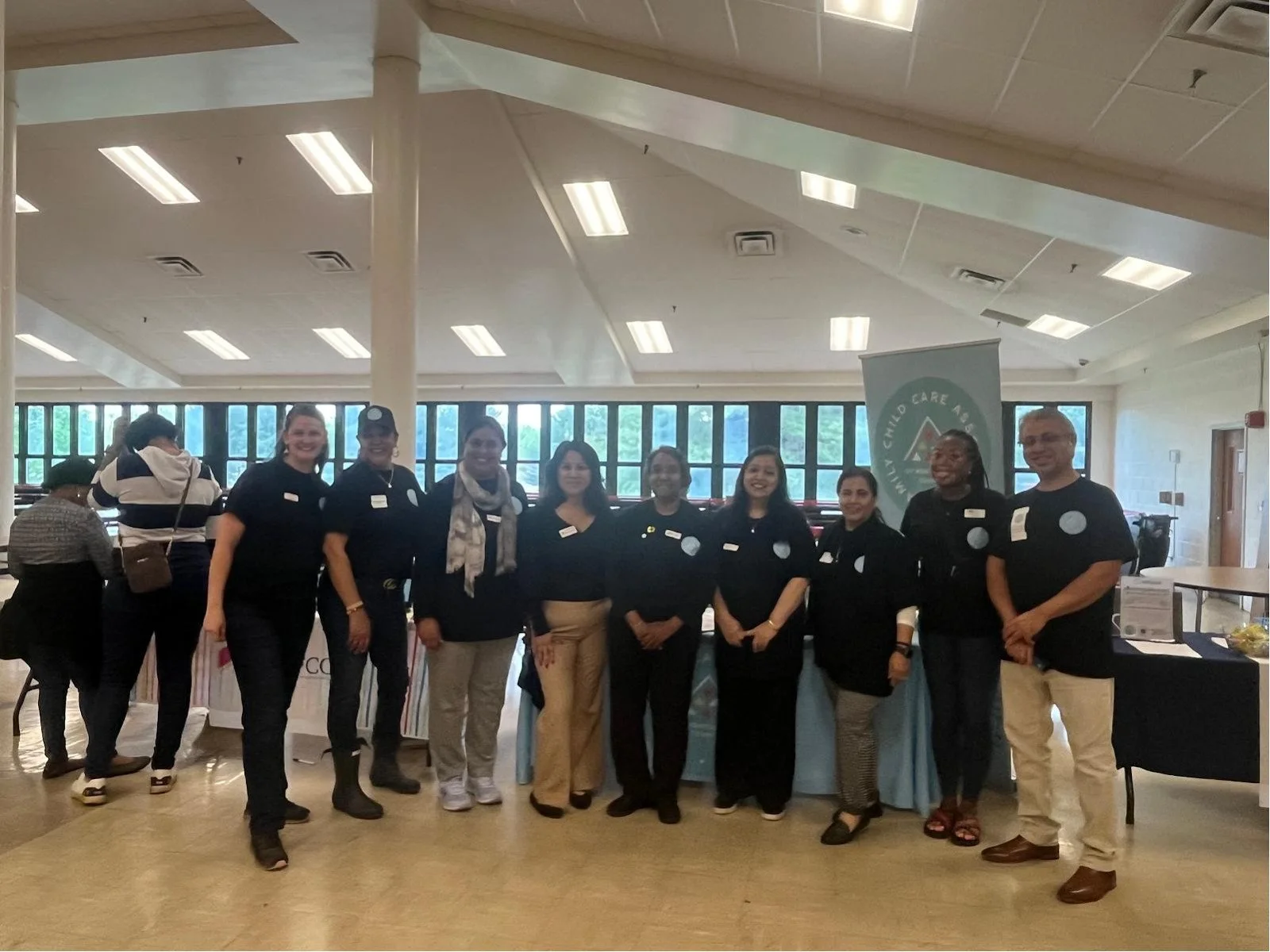The Sandbox: Seeing the Whole Elephant - Listening, Learning, and Lifting Up Educator Voices in Early Care Expansion
There’s a common parable that I often return to in my work: the story of six “blind” men encountering an elephant for the first time. Each man touches a different part of the animal – the trunk, the leg, the tail, the ear – and based on his limited perspective, believes he understands what an elephant is. This parable is a powerful reminder that no single perspective captures the entire truth, especially when we’re talking about complex systems like early care and education (ECE).
At the Children’s Opportunity Alliance, we take this reminder to heart. In our first three years – our toddler years, you might say – we’ve prioritized learning and listening deeply to the community members closest to ECE issues: families, early childhood educators, program administrators, community advocates, businesses, and philanthropists. These “proximity experts” (borrowing a term from our partners at the Bainum Family Foundation) are the ones with lived experience and specialized knowledge. They are the experts on what works and what needs to change.
Listening Before Leading
As the Alliance has broadened our perspective and understanding over the past three years, we have asked tough and complex questions about who our early care and education systems serve, and who they leave behind. We built relationships, heard stories, and gathered insights through our conversations with community-based child care educators. In Montgomery County, community-based programs take two forms: child care centers and family child care (FCC) programs. Child care centers provide care in a non-residential building, while family child care programs operate within a caregiver’s private residence. What we learned shaped one of our major initiatives: supporting community-based child care in applying for and implementing Maryland State Department of Education’s Pre-K Expansion Grants.
Educators shared their concerns, including the burdens of applying for state funding, the gaps in administrative support in completing the application, and the timing of Pre-K grant announcements that created financial strain. We heard from community-based programs that many want to participate in the State-funded Pre-K program, but they need support, capacity, and information. We also heard that the experience and the barriers for family child care with regards to participating in Pre-K Expansion Grants are different than those of center-based programs. With input and guidance from community-based partners, we made plans to pilot different supportive strategies for FCC than for centers.
Celebrating Our Grantees: Investing in Community Expertise
This spring, we put a portion of a $1 million investment we received from Montgomery County to accelerate Pre-K expansion to work by supporting organizations that are on the ground every day, serving and advocating for FCC programs. Each community-based partner brought a unique focus to their work, but all are united by a common goal: expanding access and equity in ECE.
Here’s how they’re making a difference:
FCCAMD Training Session in June
FCCAMC Open House
Family Child Care Alliance of Maryland hosted two training sessions in June 2025 to guide family child care programs through the Maryland Pre-K Expansion Grant process. They’re also planning a new online Mentor Training System to support long-term success.
Family Child Care Association of Montgomery County is offering coaching and mentoring for approximately 30 educators, with a focus on high-need areas of the county.
Latino Child Care Association of Maryland is helping Spanish-speaking educators access the Creative Curriculum, a State-approved Pre-K curriculum. Last month, they hosted a joyful “box opening” celebration, where nine educators received their new materials and discussed upcoming coaching and mentoring support.
Latino Early Care & Education Coalition is supporting 15 Spanish-speaking educators to deepen their understanding of Pre-K Expansion Grant requirements and offering tailored coaching and assessment.
The table below shows the number of Montgomery County FCC programs who have participated in the Family Child Care Alliance of Maryland’s collective grant and the number of Pre-K seats from 2023-2026. Our hope is to continue to increase the number of programs and seats available.
| 23-24 School Year | 24-25 School Year | 25-26 School Year | |
|---|---|---|---|
| Number of FCC programs participating | 7 | 8 | 19 |
| Number of FCC Pre-K-funded seats | 34 | 36 | 74 |
| Number of center programs participating | 6 | 13 | |
| Number of center-based Pre-K-funded seats | 174 | 318 | |
| TOTAL SEATS | 208 | 354 |
These efforts are all part of a larger movement to ensure that Montgomery County reaches its goal of 18,000 publicly subsidized Pre-K seats by 2030, as outlined in the Montgomery County ECE Common Agenda. But even more importantly, they represent a commitment to equity – not just in access to services, but in who gets to shape the future of ECE.
The Path Forward
We know that creating a just, effective, and equitable early care and education system means seeing the whole elephant. No single organization or expert can do this alone. It requires humility, collaboration, and above all, a deep respect for the knowledge and lived experience of community partners. Our partners are showing us what’s possible when we learn from and lift up those closest to the work.
If you’re a child care business owner who is interested in learning more about the Pre-K Expansion Grant, we invite you to visit the FCCAMD website for additional information.
Read more about our work to support centers in our Annual Report. See our summaries of what we learned through our listening work about perspectives regarding Pre-K for Centers and FCC.
Together, we’ll continue to shape a more equitable future for our youngest learners.



